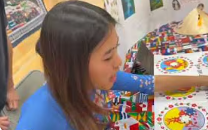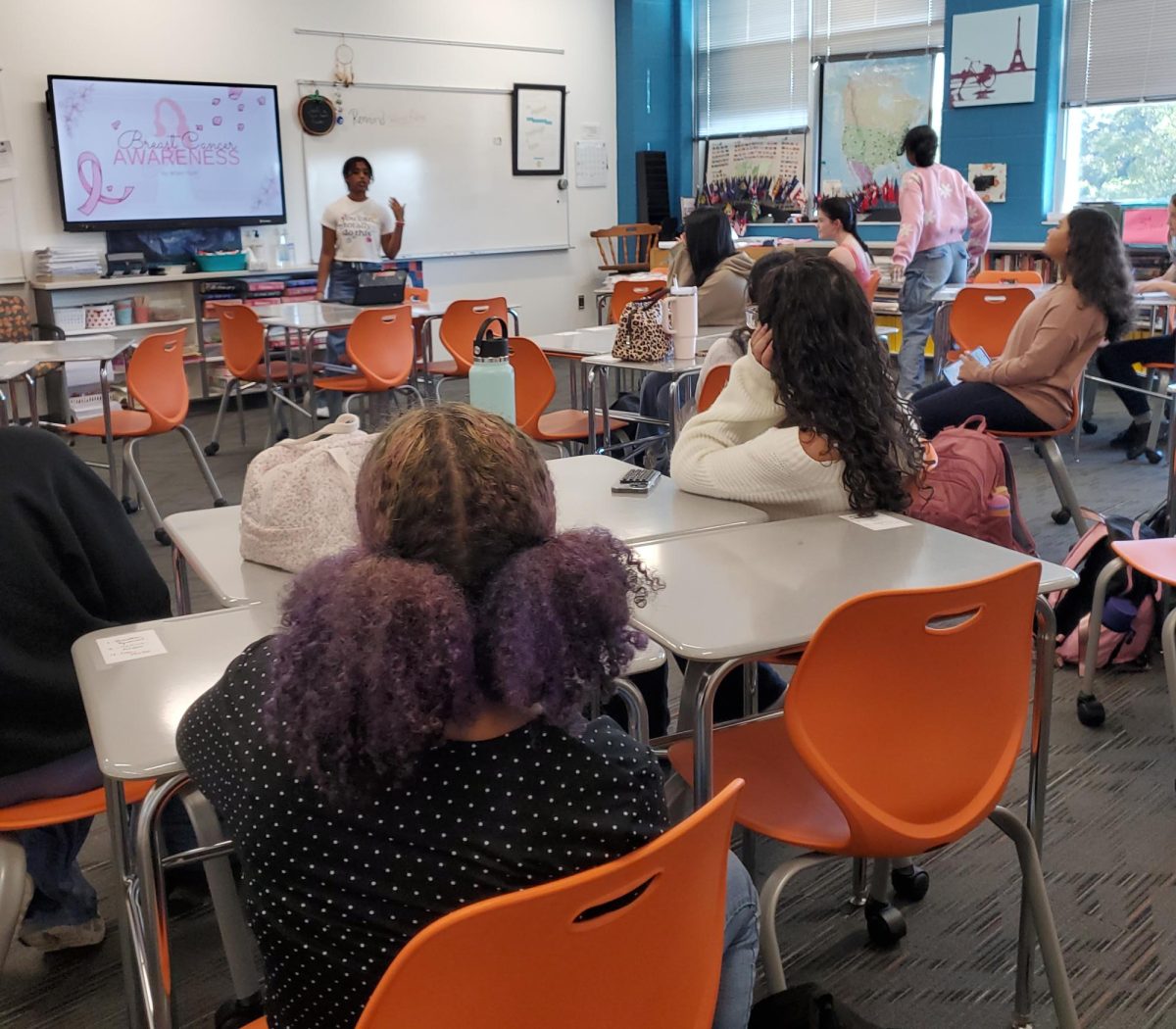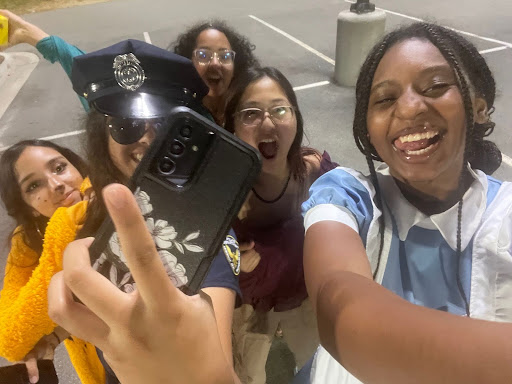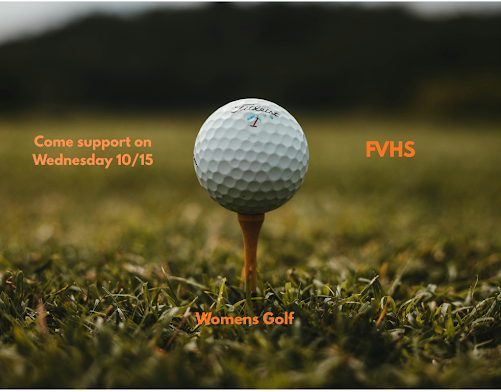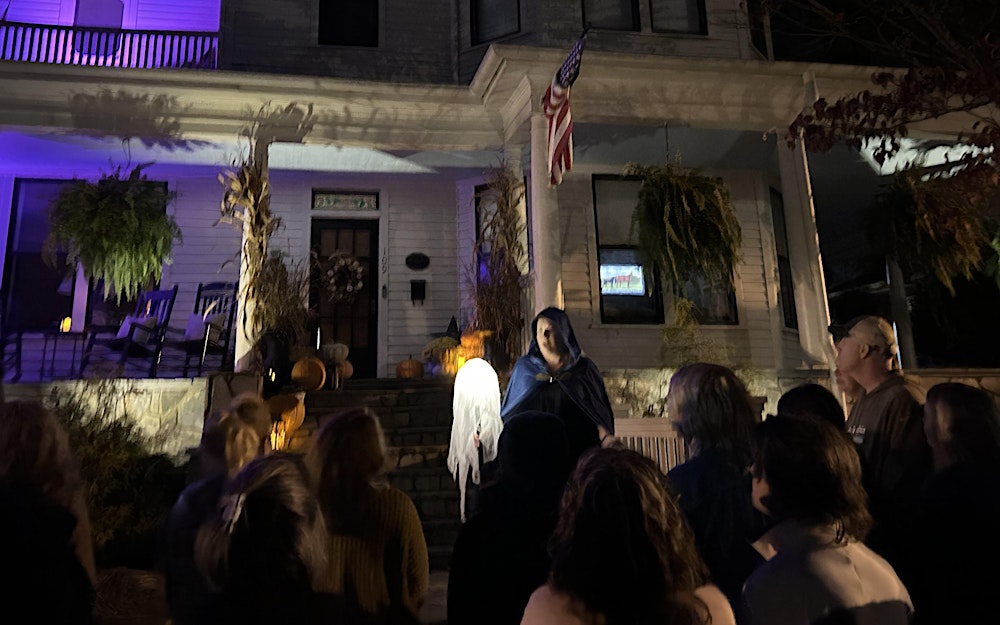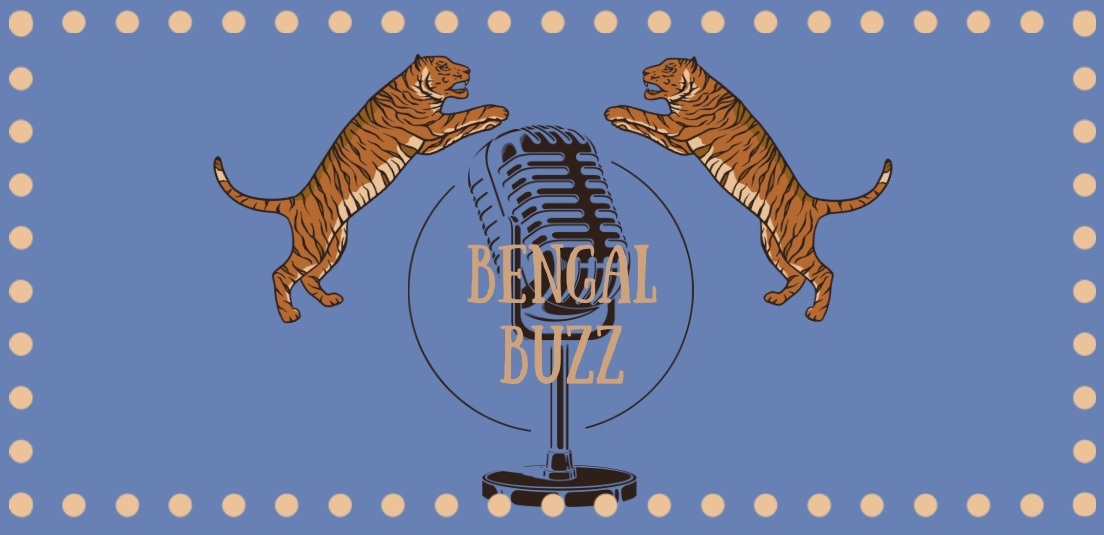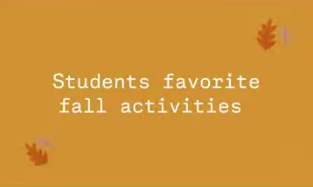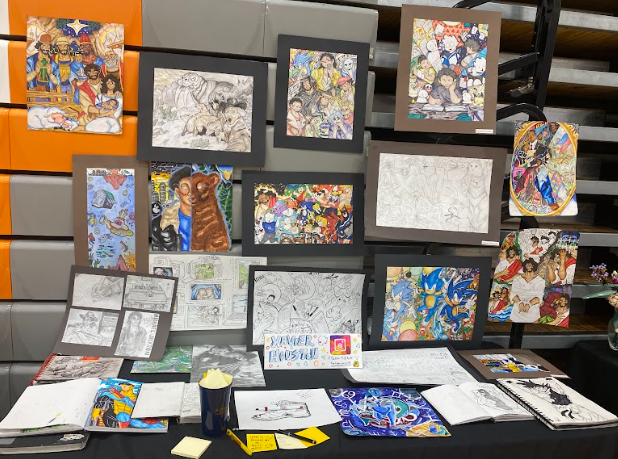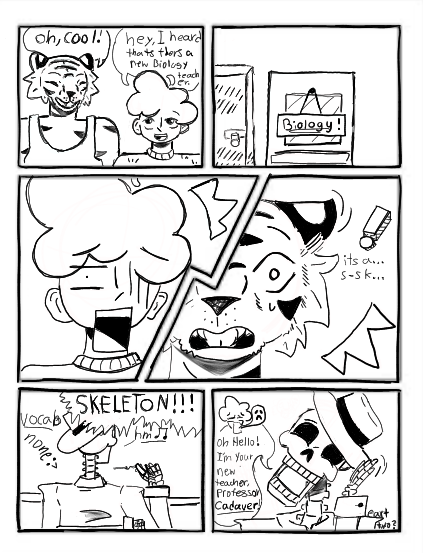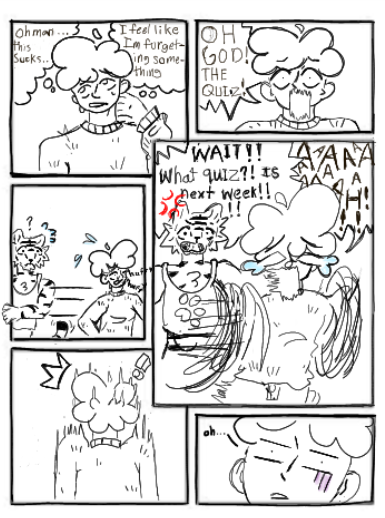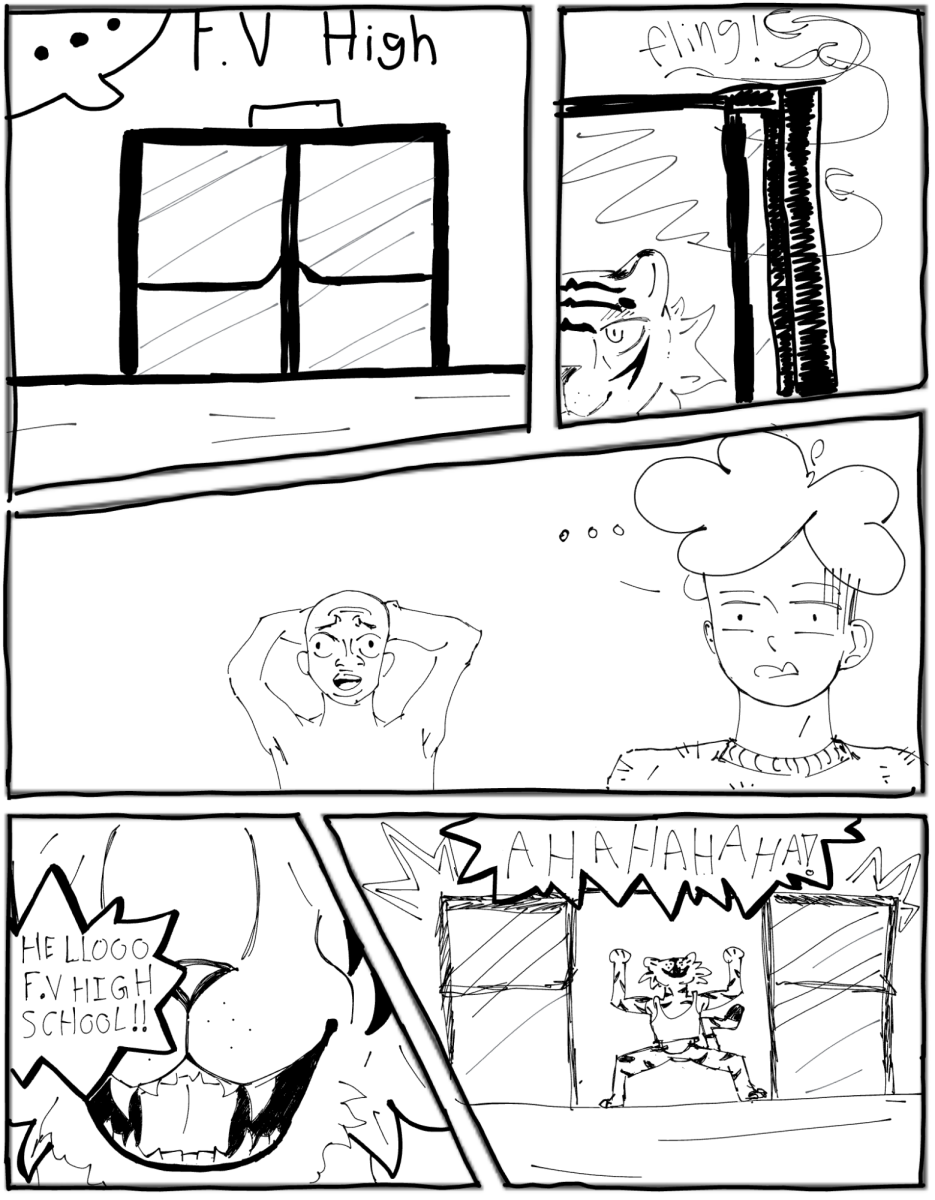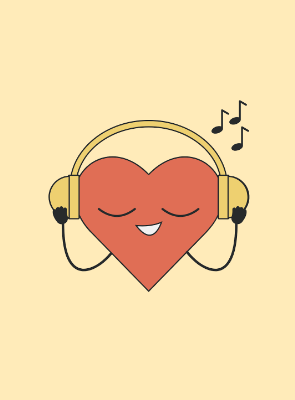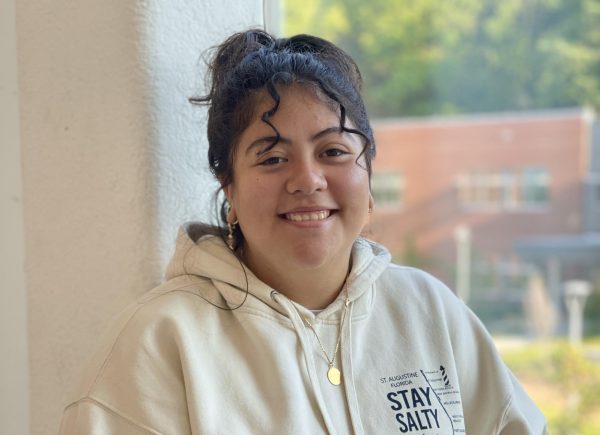Throughout history, music has been a focal point of art, culture and storytelling. That still holds true today, though our methods of consumption are very different from back then. Many artists display their creativity and emotion through their music, and oftentimes what people write and sing connects to other people and how they are feeling.
Senior Analise Mitchell said, “I think a lot of music contains themes that relate to mental health struggles and too much of that can affect your own.”
In recent years, music has made its way from being a concert hall art to being right at our fingertips. It is a centerpiece of everyday life for many, especially teenagers. Music is very important to many people, and some cannot go without having it playing all the time.
“Music is most importantly a big way for me to worship and connect with God, so yes, music is a very crucial part of my life,” said Mitchell.
Music is a way for people to express their emotions and relate to other people. So do the emotions and situations expressed in music affect your mental health? Yes, it does. Since music is a way to reach out to others and connect with them, it can affect you emotionally. If you listen to sad music, there is a good chance you might end up crying or feeling sad in general. The same is true with happy music. It’s almost as if they have some control over how we perceive our lives and social situations.
“Music can be very raw emotionally and intimate in the way people put their feelings and thoughts out to share. When others relate, they feel seen or can share in that emotion,” said Mitchell.
So why do we feel such a connection to music? It is all about the human condition. Validation and awareness of our feelings and current situations can make for a very loyal fan. If an artist can connect with their followers on that deep emotional level, they have succeeded. People will follow anyone who can understand how they feel; it is just common nature. People want to feel connected and understood, which is why music is so relatable.



